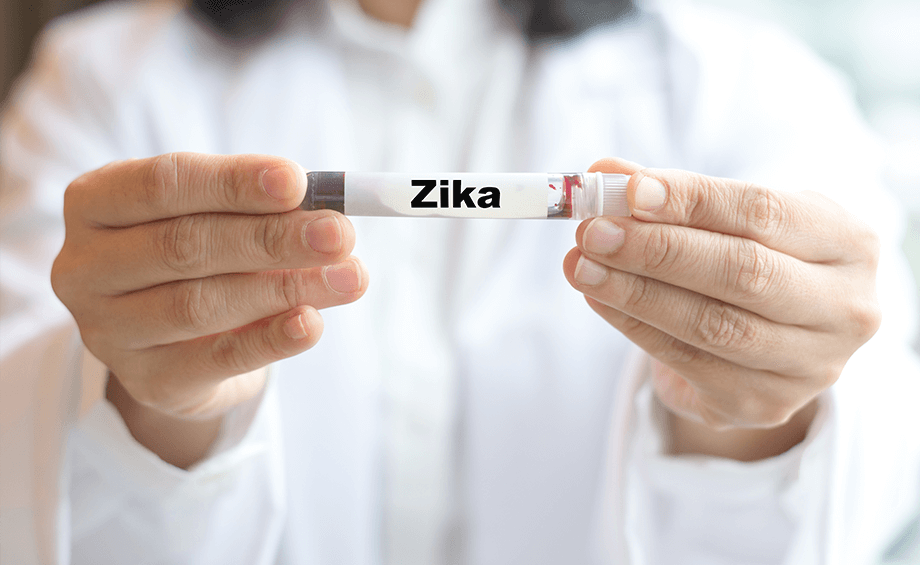
Zika virus is a mosquito-borne virus that was first detected in Uganda in 1947 in monkeys through a network that monitored yellow fever.
The Zika virus belongs to Flaviviridae family and the Flavivirus genus and is thus related to the dengue, yellow fever, Japanese encephalitis, and West Nile viruses. Like other flaviviruses, Zika virus is enveloped and icosahedral and has a nonsegmented, single-stranded, ten kilobase positive-sense RNA genome. It is closely related to the Spondweni virus and is one of the two known viruses in the Spondweni virus clade.
Zika virus disease is mainly spread by mosquitoes. For most people, it is a very mild infection and isn’t harmful. However, it may be more severe for pregnant women, as there’s evidence it causes congenital disabilities – in particular, abnormally small heads (microcephaly).
Symptoms of Zika Virus
The incubation period (the time from exposure to symptoms) for the Zika virus disease is not precise but is likely to be a few days. The signs and symptoms of Zika virus infection are mild and may last around two to seven days.
The typical symptoms of Zika Virus include –
Prevention of Zika Virus
The following are the methods how you can prevent Zika virus:
How to treat Zika Virus?
There are no vaccines developed for the treatment of Zika. Diagnosis is made by testing the blood, urine, or saliva for the presence of Zika virus RNA when the person is sick.
The people infected with Zika virus must get ample amount of rest, drink fluids to prevent dehydration, and take acetaminophen for fever and pain. If symptoms worsen, the patients should seek medical care and advice.